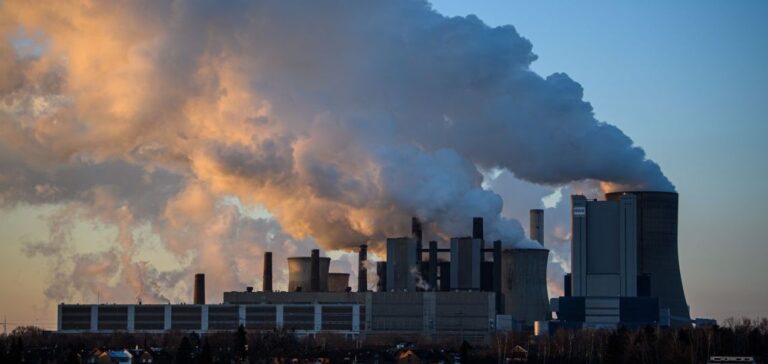GenZero’s report describes three scenarios for the future of carbon markets: Climate Theocracy, Climate Diplomacy and Climate Autonomy. Each presents a different form of cooperation and fragmentation between nations regarding carbon market standards.
Climate diplomacy and climate autonomy
In the Climate Diplomacy scenario, ideological differences persist, but countries manage to establish common principles for the carbon market. “By the end of the 2030s, there is harmonization on quality principles between Western buyers and Eastern project developers,” reports GenZero. Climate Autonomy, on the other hand, would see highly fragmented markets, with each country treating carbon credits as national assets.
Economic implications and cross-border projects
National tensions in the Autonomy scenario could hamper cross-border carbon credit trading and project investment. However, there will always be a desire to use the carbon market as a neutral platform for certain bilateral collaborations.
Quality standards and conservation projects
In Climate Theocracy’s optimistic scenario, carbon market standards could be harmonized around a high level of quality by the early 2030s. This focus could, however, divert funding away from large-scale projects such as avoided deforestation, towards direct carbon removal projects.
The role of rating agencies
Frederick Teo, CEO of GenZero, discussed the notion of “permanence” in emissions reduction projects, a controversial topic that influences the favorability of certain nature-based projects. He also suggested that carbon markets could draw inspiration from the diamond market to establish mechanisms for comparison and fungibility.
GenZero’s report highlights the complexity and strategic importance of carbon markets in the current context of climate change and geopolitics. Decisions taken today will shape the viability and efficiency of these markets for decades to come.






















